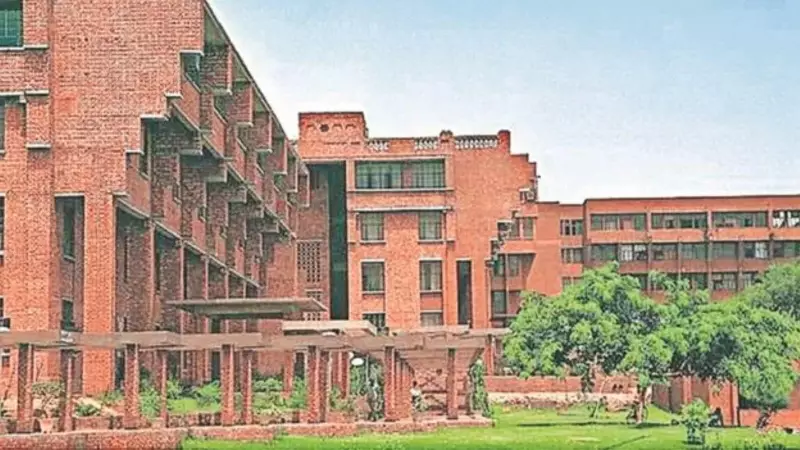
In a significant development that has reignited campus tensions, Delhi Police has officially registered a case against six students from the prestigious Jawaharlal Nehru University (JNU). The First Information Report (FIR) comes in response to recent protests that unfolded within the university premises, marking another chapter in the institution's history of student activism.
Multiple Charges Filed in Police Case
The police have invoked several sections of the Indian Penal Code against the accused students, including:
- Section 147 (punishment for rioting)
- Section 149 (unlawful assembly)
- Section 506 (criminal intimidation)
- Section 34 (common intention)
This legal action follows complaints received by the police regarding alleged misconduct during campus demonstrations. While specific details about the nature of the protests remain under investigation, sources indicate the situation involved heated confrontations between student groups.
University Administration's Role
The JNU administration has been cooperating with law enforcement authorities throughout the investigation process. University officials have maintained that while they support students' right to peaceful protest, any form of violence or intimidation cannot be tolerated within the academic environment.
This incident marks yet another flashpoint in JNU's long history of political activism and campus protests. The university has frequently found itself at the center of national debates concerning freedom of expression and the boundaries of student politics.
Student Community Reaction
Early reactions from the student community suggest divided opinions about the police action. Some student groups have condemned the FIR as an attempt to suppress legitimate dissent, while others have welcomed the police intervention as necessary for maintaining campus order.
The case has drawn attention from political circles and human rights organizations, with many awaiting further developments in what promises to be another closely watched chapter in Indian campus politics.
As the legal process unfolds, all eyes remain on how this situation will impact the broader landscape of student activism in Indian universities and the ongoing debate about the intersection of campus politics and law enforcement.





